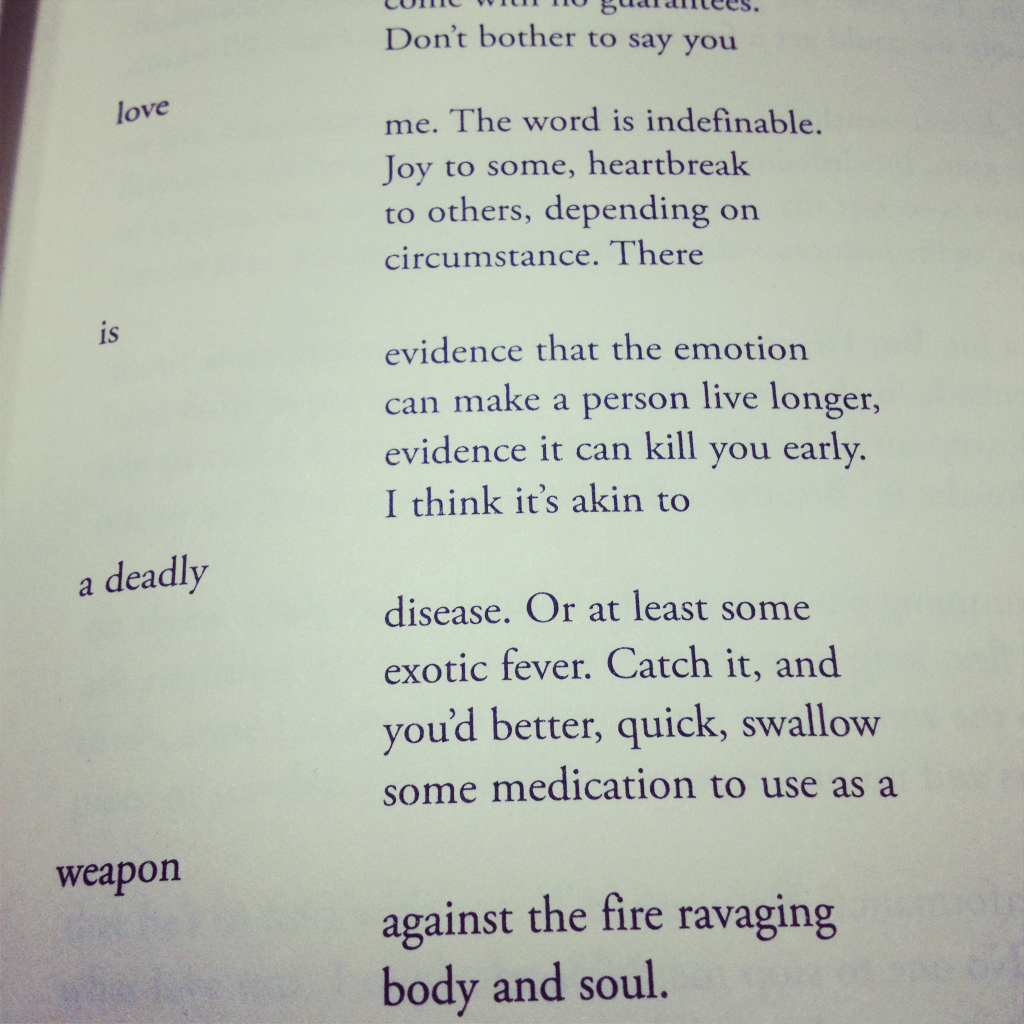On a second read, I still have a visceral response to this book, but I can see the flaws in it. Even the things that are not flaws, but extremes. Pattyn's situation is an extreme. She lives in a very abusive family, with a disturbed father and a seriously messed up support system. These are extremes, as is her bishop, who believes that all women should be kept in hand. Also, Hopkins' political views come out in this book probably more than any of her others (which is fine, it's just a lot more obvious the second time that I read it.)
But... at the same time, it highlights things that are really there. The Mormon culture is very stifling As a woman, you have no power, no say, really. And while they like to give you the impression that woman are important, you realize that's not really the case. All the positions of power are held by males, the priesthood is only allowed to be held by males, and all the women are encouraged to marry early and breed often. It's a culture that everything is a sin, from coffee, to tea, to sex, even caffeinated soda. And if you're ever to venture away from this strict path, you're condemned to a heaven that's not as great as it could be. Maybe not even a heaven that's heaven at all. To be a teenager in that... to grow at all in that, is nearly impossible.
If you read this book, especially if you're Mormon, you need to realize that Hopkins wrote in extremes. At no point does she indicated that every Mormon family is like this. And, if you really pay attention, she's not even saying it's explicit to Mormons. She's more making a comment that God isn't religion. God is God, and isn't going to judge you based on the strict rules of religion.
I really love this book. It was a book that resonated with me extremely and, even after a second read and realizing the flaws that the book has, I still really love it. I love that this girl learns about love and God and I love that God isn't made out to be a bad guy! But it's definitely not a book for everyone (as this comment on my goodreads reveals. Fourth one down, if you can't figure it out.)
My Bottom Line 4 out of 5
PS. I hope Alex now talks about her beautiful stanzas and wonderfully writing and unique way of telling a story because, well, I sure didn't. XD
Happy to oblige!
Free-form verse is a wonderful medium for the right story. And Ellen Hopkins puts the right stories in it.
Remember how I told you guys about altar poems and other types of visual poetry? Of course you do. Hopkins uses this method very well. Below is an example from Burned of how she arranges the words into shapes that fit the mood of that section of the story:


Happy to oblige!
Free-form verse is a wonderful medium for the right story. And Ellen Hopkins puts the right stories in it.
Remember how I told you guys about altar poems and other types of visual poetry? Of course you do. Hopkins uses this method very well. Below is an example from Burned of how she arranges the words into shapes that fit the mood of that section of the story:

I like this example because, like so much of Hopkins' writing, it has layers. The shapes look kind of like hearts, right? And we're clearly discussing love here, so that's fitting. But it also looks like V shapes, which is commonly supposed to be reminiscent of women (remember in The DaVinci Code, when they're talking about "The Last Supper" and how the V shape is symbolic of the chalice, the womb, etc? Yeah, like that).
There's another one in this book where there are several teardrops, which is probably one of the most intricate visual poetry examples I've seen from Hopkins.
Whenever a Hopkins character is completely at their wits' end, or if their world is crashing down around them, or whatever their big conflict is, the verse gets very fractured. There are words all over the page, and it's really like their thoughts and feelings have been scattered and they need to piece everything back together again.
Also, she has this neat trick where individual words will be aligned differently from the other lines, pulling a new, related phrase out of the page. Like this one:

That one is actually from Perfect. But you see how there's the regular text ("Don't bother to say you love me. The word is indefinable. Joy to some...") and then there's what I've come to call the theme phrase for the page: "love is a deadly weapon." Amazing, right?
I love Hopkins' style, and I love the stories she tells with it. They feel very real, and I can fully understand them and relate to them despite the fact that I've never been abused, addicted to drugs, suicidal, a prostitute, or Mormon.

No comments:
Post a Comment